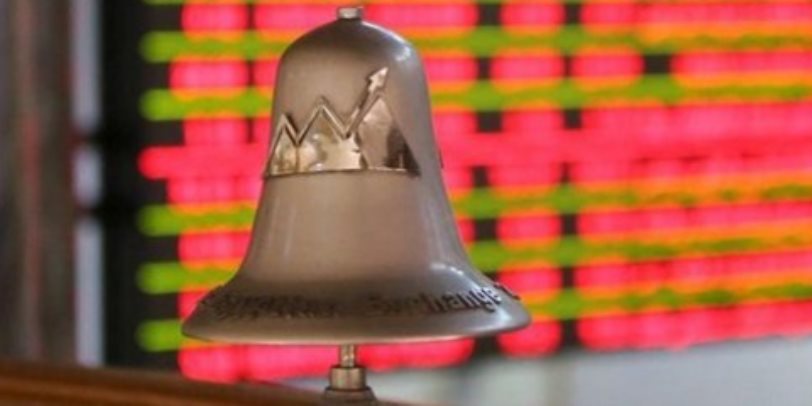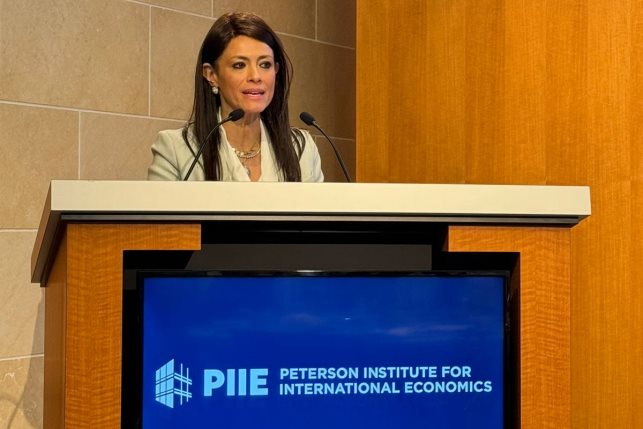Egypt’s PMI drops to 49.1 but companies confident despite fragile recovery
Despite a renewed increase in new orders during June, demand declined in June with customers still reluctant to spend during the ongoing pandemic

Egypt’s Purchasing Managers’ Index (PMI) for the non-oil private sector dropped to 49.1 in July, down from the 49.9 recorded in June, according to IHS Markit’s latest Egypt report.
The Egyptian job market went into expansion mode in July, indicating a rise in employment for the first time since October 2019, with companies highlighting efforts to boost business capacity.
"Employment growth across the Egyptian non-oil economy in July pointed to an improved confidence that the worst impact of the pandemic is over,” states IHS Markit Economist, David Owen.
Despite a renewed increase in new orders during June, demand declined in June with customers still reluctant to spend during the ongoing pandemic, writes the report.
“Weaker demand conditions were linked by survey panelists to a drop-off in domestic spending, as clients remained hesitant due to the ongoing COVID-19 measures. On the flip side, businesses were helped by a sustained and solid increase in orders from foreign clients, as global economic conditions continued to improve,” the report explained.
The index previously noted renewed expansion when it hit its highest level since November 2020, but the latest report states that both Output and New Orders Indices fell back below the 50.0 neutral mark in July, with output and demand falling again for the seventh time in eight months.
Owen noted that “with the New Orders Index falling back into negative territory, it is clear that the economic recovery remains fragile and in need of further supportive measures to strengthen demand”.
“That said, the rates of decline were less marked than those observed between March and May and during the first half of 2020,” the report noted.
The increase in non-oil private sector employment came amid the first accumulation of backlogs for eight months, with continued confidence in future output levels to exceed the series average in July.
“Many businesses are now eager to boost capacity, particularly as new order growth recorded in June led to a modest pile-up of outstanding work in the latest survey period,” Owen pointed out.
Over 51% of panelists said that they expect activity to increase over the next 12 months, often citing hopes that the pandemic will end.




